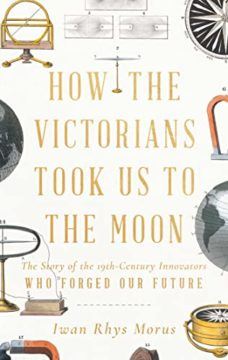Katy Guest at The Guardian:
 As he unveiled Tesla’s new humanoid robot, Optimus, this September, Elon Musk spoke with characteristic flamboyance about the device’s potential. “This means a future of abundance,” he declared. “A future where there is no poverty … It really is a fundamental transformation of civilisation as we know it.” Perhaps deliberately, he was echoing the tone of his company’s namesake, Nikola Tesla, who in the 1890s was making similarly bold claims about his own work-in-progress. With his new system of wireless telegraphy, Tesla insisted, battleships would be controlled remotely, meaning that pretty soon “war would be abolished” and there would be a “revolution in the politics of the whole world”.
As he unveiled Tesla’s new humanoid robot, Optimus, this September, Elon Musk spoke with characteristic flamboyance about the device’s potential. “This means a future of abundance,” he declared. “A future where there is no poverty … It really is a fundamental transformation of civilisation as we know it.” Perhaps deliberately, he was echoing the tone of his company’s namesake, Nikola Tesla, who in the 1890s was making similarly bold claims about his own work-in-progress. With his new system of wireless telegraphy, Tesla insisted, battleships would be controlled remotely, meaning that pretty soon “war would be abolished” and there would be a “revolution in the politics of the whole world”.
How the Victorians Took Us to the Moon argues that this triumphalist view of the future, so much the norm among Tesla’s contemporaries, led directly to the advances that enabled the moon landings, the technological present we now inhabit and the way we still think about the future today.
more here.
